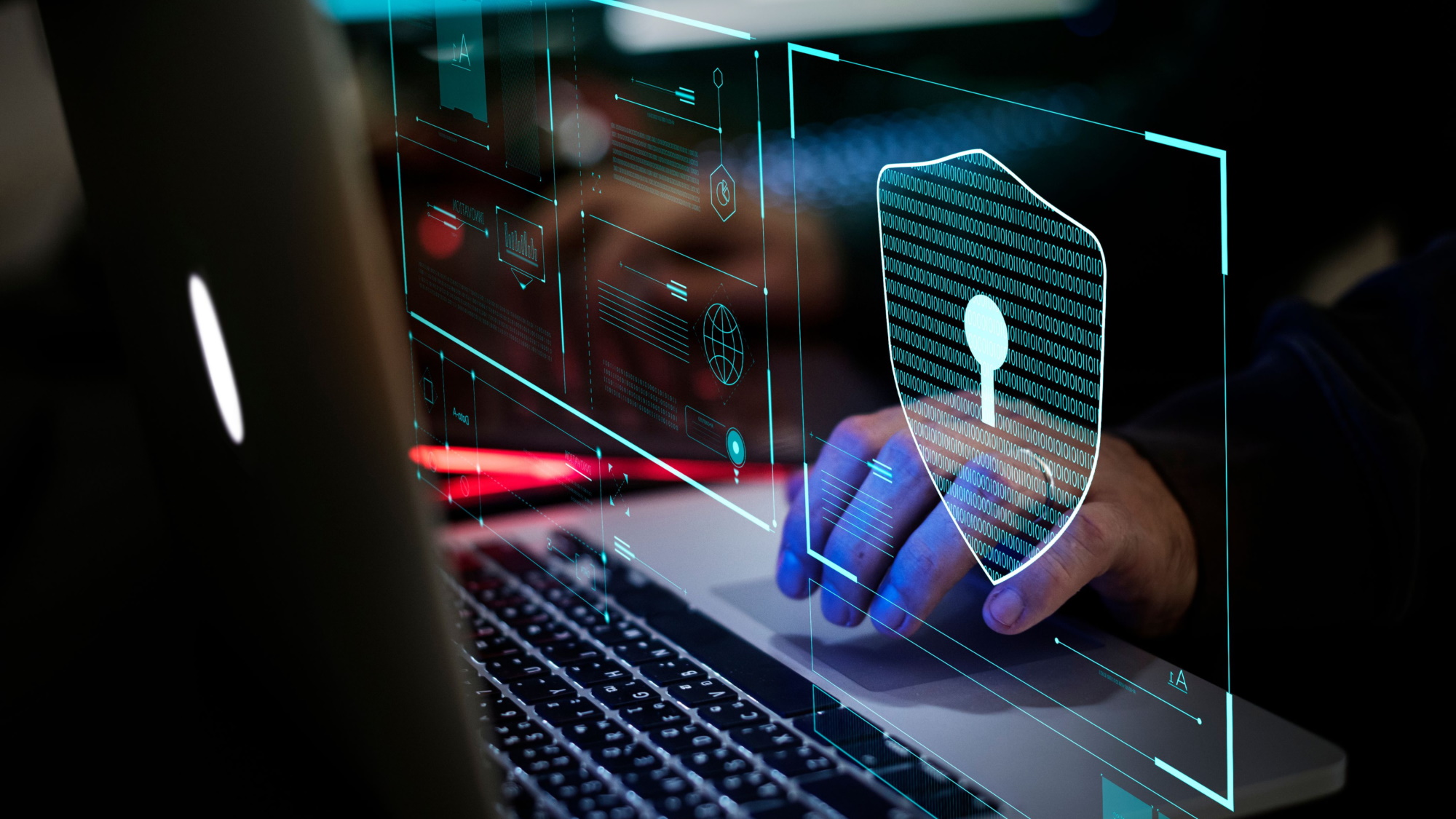When you purchase through links on our site, we may earn an affiliate commission.Heres how it works.
Fraudsters are targeting unsuspecting individuals, convincing them to reveal personal information so they can impersonate them.
Sophisticated fraudsters are even attempting to hack into identity databases that store the personal information of millions of consumers.

Its no wonder that the frequency of data breaches has increased exponentially.
In fact, in 2022 alone, identity theft reached a staggering $42 billion in the US.
These checks can be completed in the background within minutes so it doesnt impact the end-user experience.
How can we accomplish this, and what are the advantages that come with controlling our own data?
Mike Tuchen is CEO of UK-founded digital identity scale-up Onfido.
This includes withdrawing consent and revoking access when the transaction is complete.
Its not just the individual that benefits, though.
Many businesses no longer want the operational burden and liability of having to manage and store personally identifiable information.
The risk of falling foul of these frameworks can be equally as expensive too.
Different countries have different compliance requirements, and to make it more challenging, compliance is evolving.
As a result, weve had some customers demand that they never have access to personal information.
It includes biometric data, ID data, phone data, and much more.
Importantly, these technologies provide an easy and seamless alternative to other verification processes.
Theres also the fact that user-controlled digital identities are bound to a gadget with unique encryption.
A shareable identity is a user-controlled identity credential that can be stored on a gadget and used remotely.
The advent of a verify once, share anywhere reality puts the power back into the individuals hands.
We’ve featured the best authenticator app.